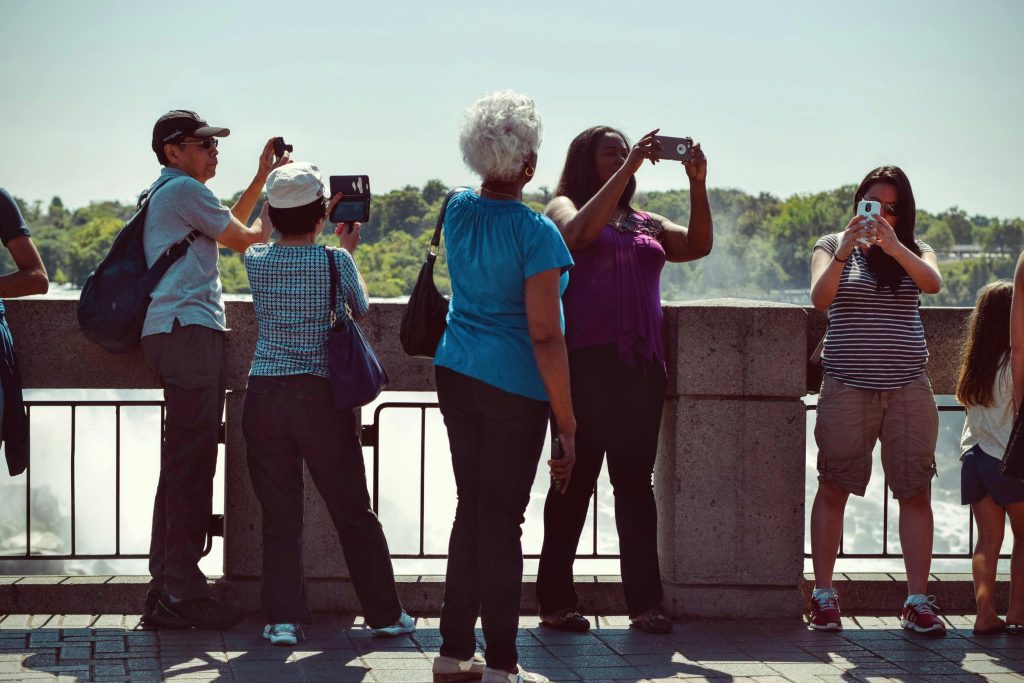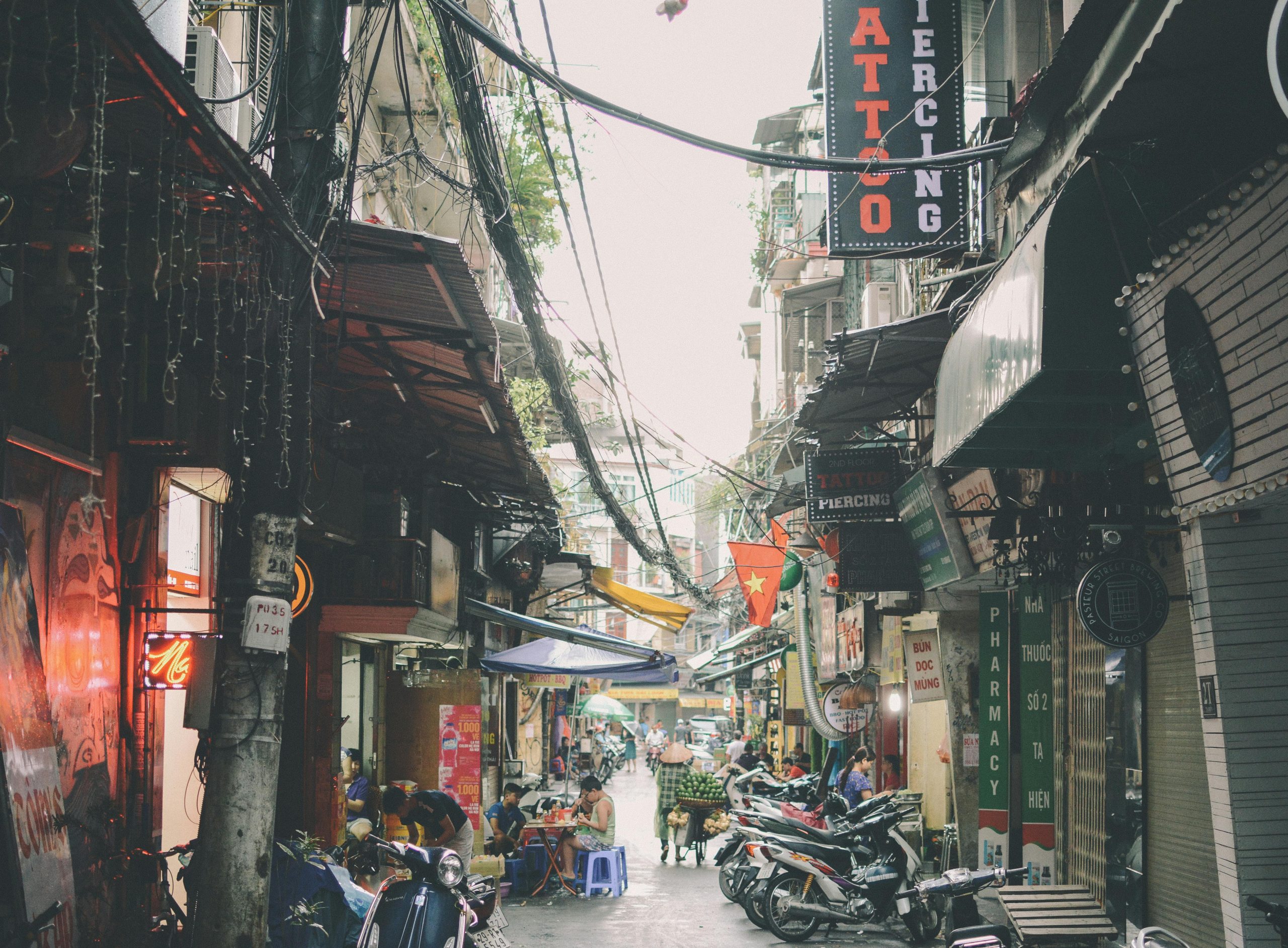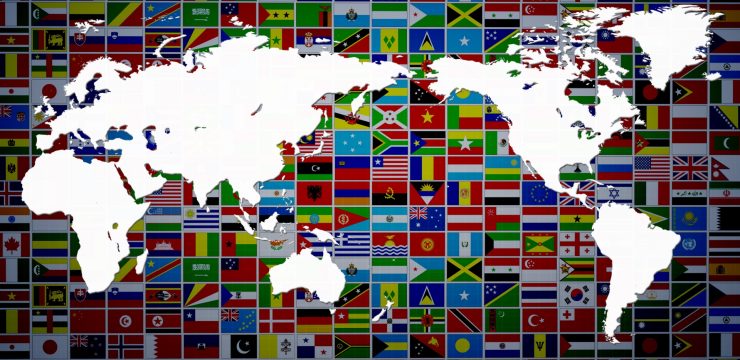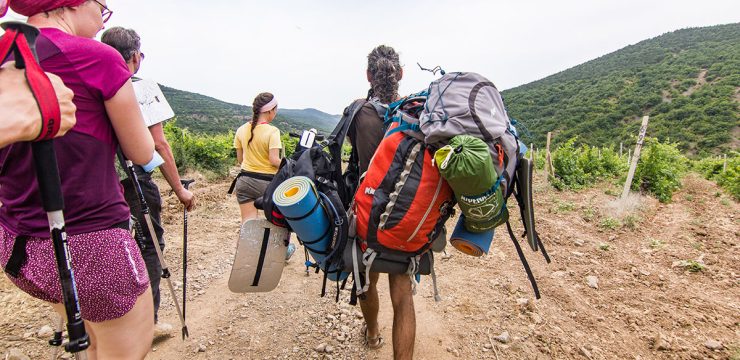Research Your Destination to Identify Risks
Get savvy about potential safety issues at your destination before departure. Check government sites like travel.state.gov for crime stats, terrorism risk, civil unrest and travel warnings that signal ongoing danger. Tourism boards and travel guides also highlight common scams or unsafe areas. Knowing which spots host pickpockets or tourist-targeted thefts lets you take precautions. In Barcelona, I knew to wear crossbody bags facing front in the crowded Gothic Quarter. Researching solo female travel challenges in India helped me dress modestly and avoid drawing unwanted attention in rural zones. Simply being aware of risks allows smart prevention.
Pakistani Adventures
While traveling in Pakistan last year, I badly sprained my ankle hiking to Rohtas Fort. At the local hospital, doctors examined me but spoke limited English. Luckily, I had my translation mobile app (https://lingvanex.com/translation/english-to-urdu). By typing phrases into the Urdu speech translation program, we communicated about my injury, treatment plan and discharge instructions. While disorienting initially, the translation functionality allowed me to access prompt care from the friendly staff. Having a digital interpreter relieved frustrations and removed the language barrier.
Staying alert regarding surroundings and potential risks simply leads to smarter choices abroad. Blending prevention with quick problem-solving lets you traverse new places safely while keeping the focus on fun!
Use Translation Tools for Safer Travels
In unfamiliar environments abroad, language barriers can exacerbate troublesome situations. Carrying mobile translation apps like https://lingvanex.com provides access to quick interpretation assistance between over 100 languages. While fluency develops over time, immediate phrases aid critical interactions. If lost, needing medical attention, or during legal troubles, clear communication proves essential. This app even assists calling embassies, hospitals or police stations thanks to convenient voice input. Staying linguistically empowered through leading translation apps reduces travel risk overall. We access so much research to keep safe abroad – why not use technology to translate in tricky scenarios too?
Choose Lodgings in Safe Areas
Location matters when picking accommodations, especially when solo traveling or out late often. Seek hotels, hostels and apartments in busier neighborhoods instead of isolated ones. In cities, lodging downtown near public transit proves sensible. Before booking, search the address on Google Maps to view the neighborhood and walkability. Sites like Hostelworld provide safety ratings too. I felt completely secure staying at a hostel along a bustling, well-lit Seoul street packed with shops and restaurants. During my Moscow trip, I picked a place just minutes from the Kremlin and Red Square instead of remote outskirts. Prioritizing location curbs risk so you can relax after adventures.
Use Rideshare Services Over Unregulated Taxis
In many destinations, standard taxi services remain unregulated leading to tourist targeting. Rideshare apps like Uber, Lyft, Grab and Ola work similarly to taxis but offer more safety assurances. Their vehicles and drivers undergo compliance checks, plus rides get monitored via GPS. Payments happen electronically without cash exchange. If uncomfortable, you can easily share trip details with a friend too. I relied solely on rideshares while out late in Bangkok, Delhi and Costa Rica instead of dodgy taxis. The small extra cost brought welcome peace of mind after clubbing or bar hopping abroad.

Learn Basic Emergency Phrases Before You Go
Travel mishaps can happen, so be prepared to explain needs clearly. Apps like Google Translate offer handy two-way translations, but learning some destination language basics works better. I always brush up on first aid phrases, plus “I need a doctor/police” and “Where is the nearest hospital?” Knowing how to ask for help or explain allergies at restaurants also proves handy. Hopping in a taxi, I make sure to have the precise address of my hotel, just in case. With kids, have them wear bracelets with their name and your local contacts. Planning for minor incidents or injuries reduces hassles.
Staying alert regarding surroundings and potential risks simply leads to smarter choices abroad. Blending prevention with quick problem-solving lets you traverse new places safely while keeping the focus on fun!







